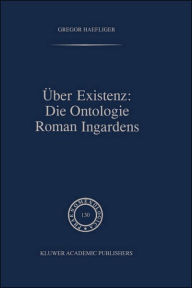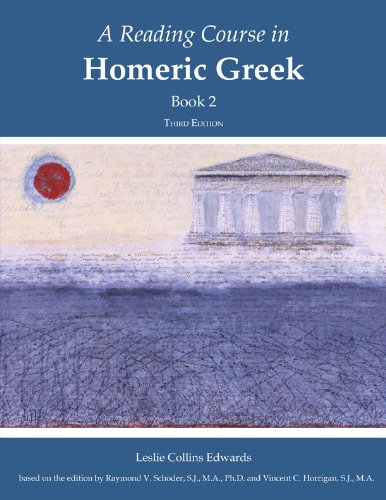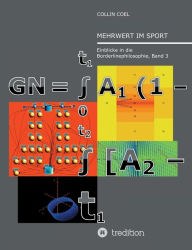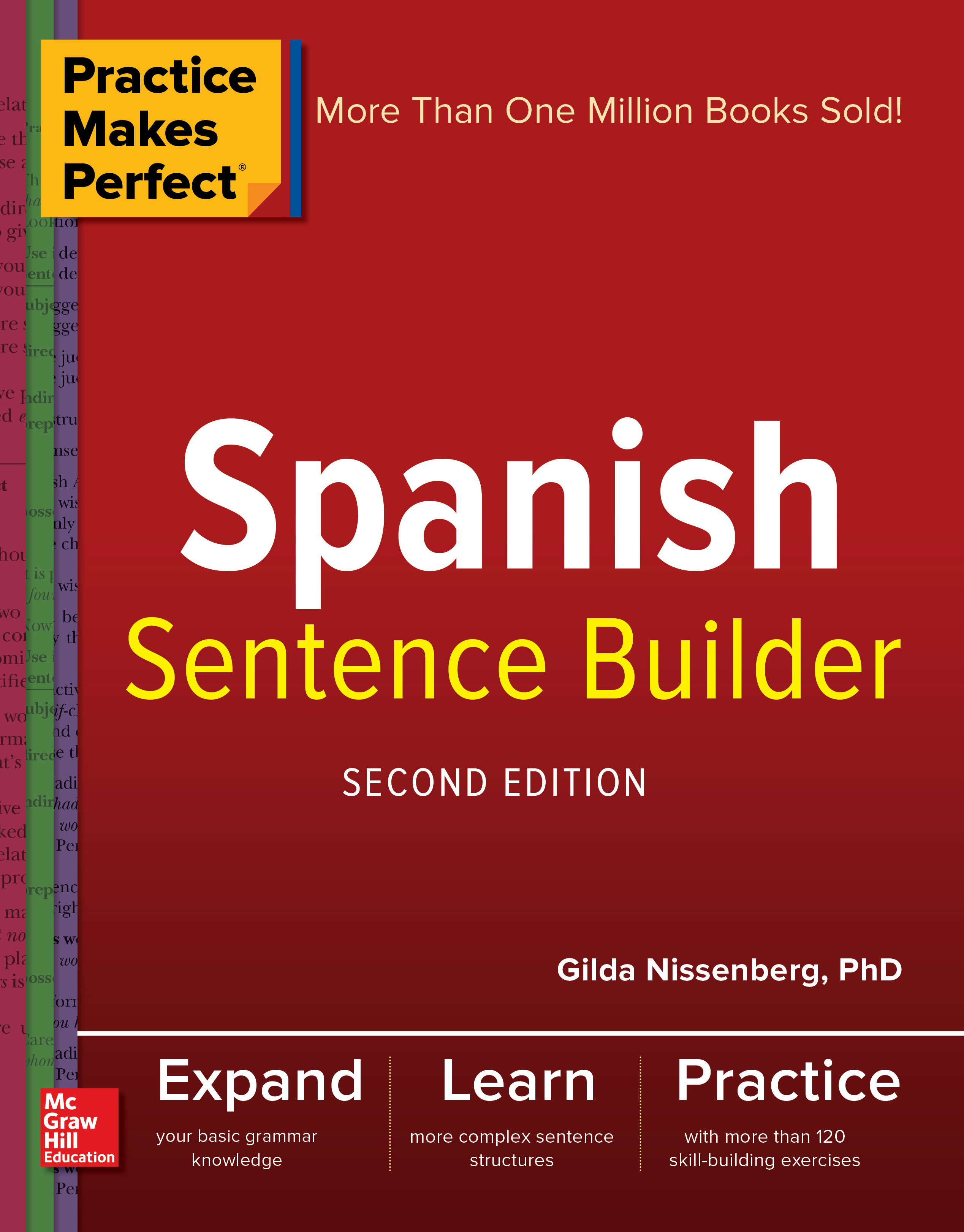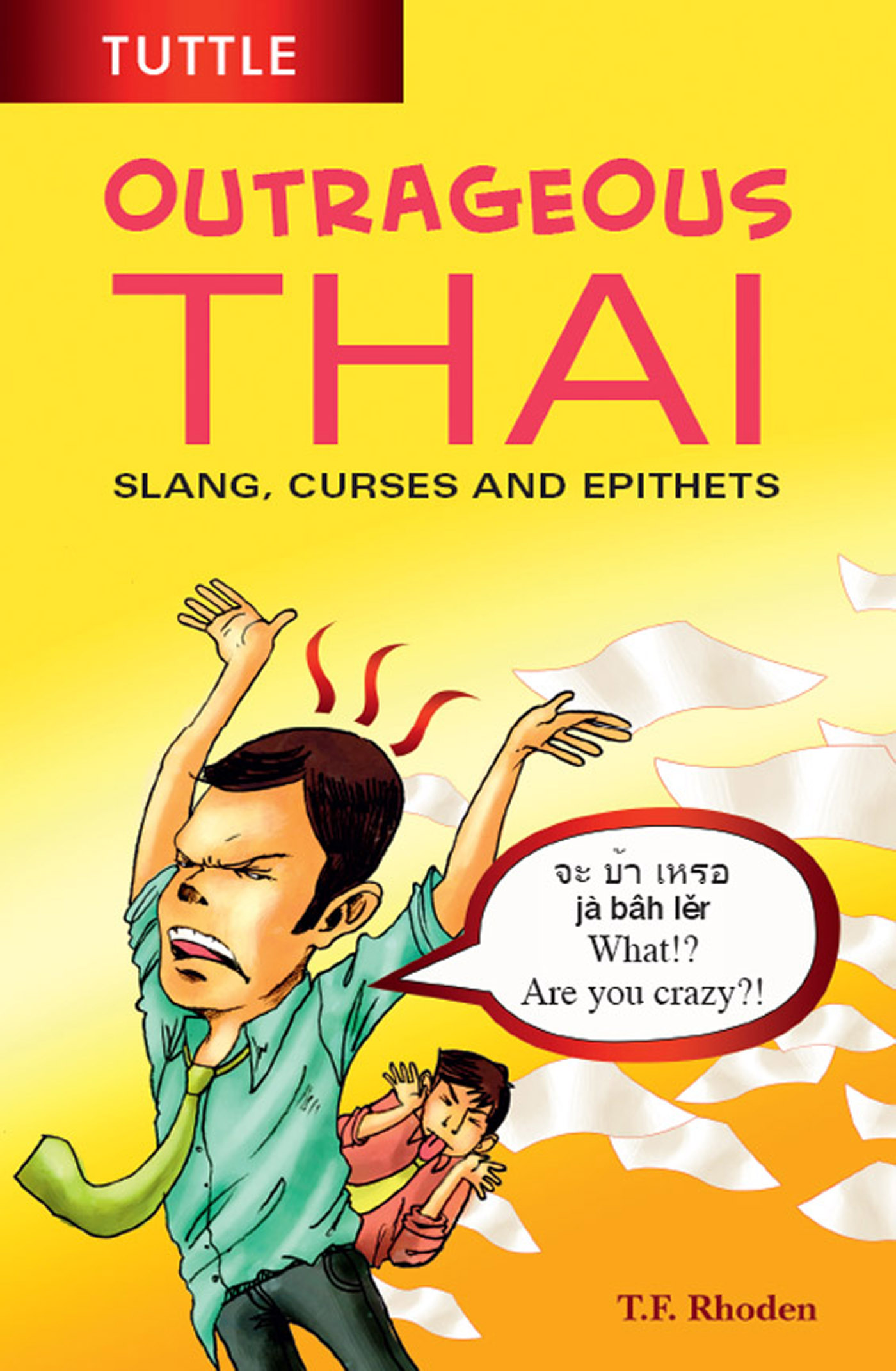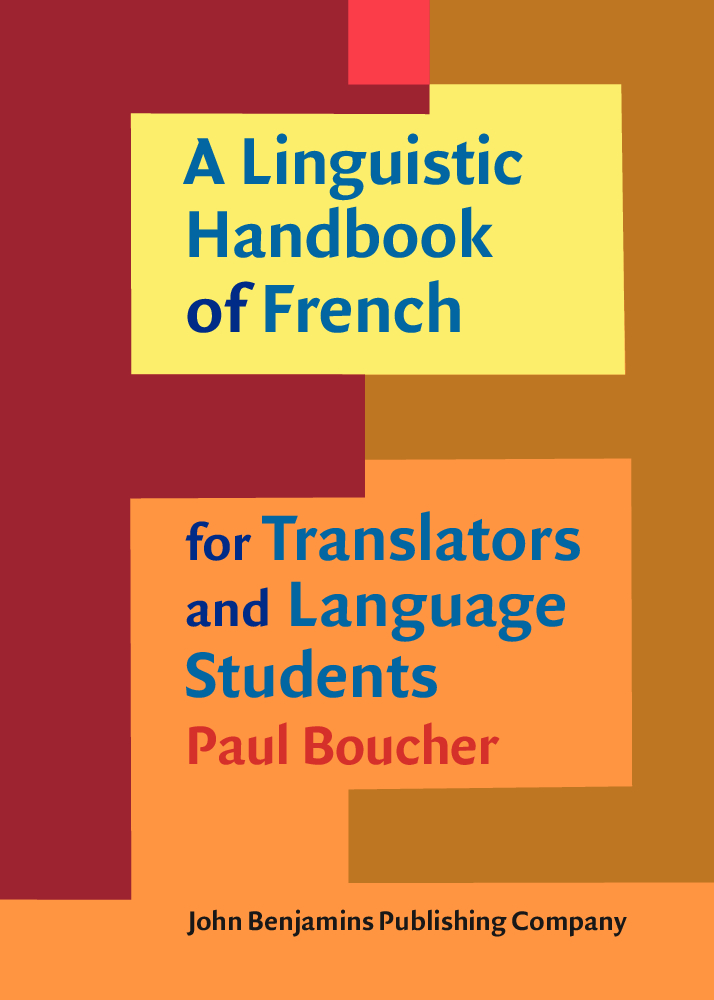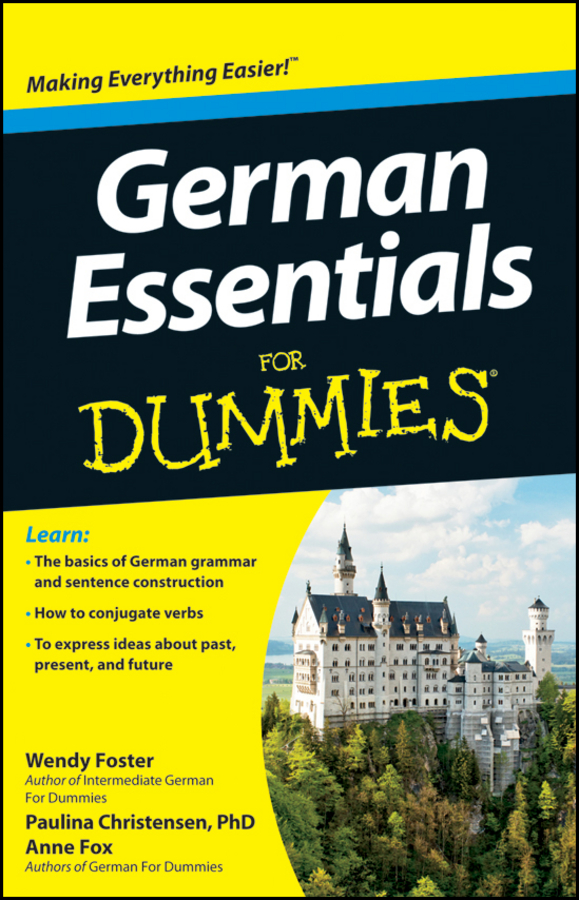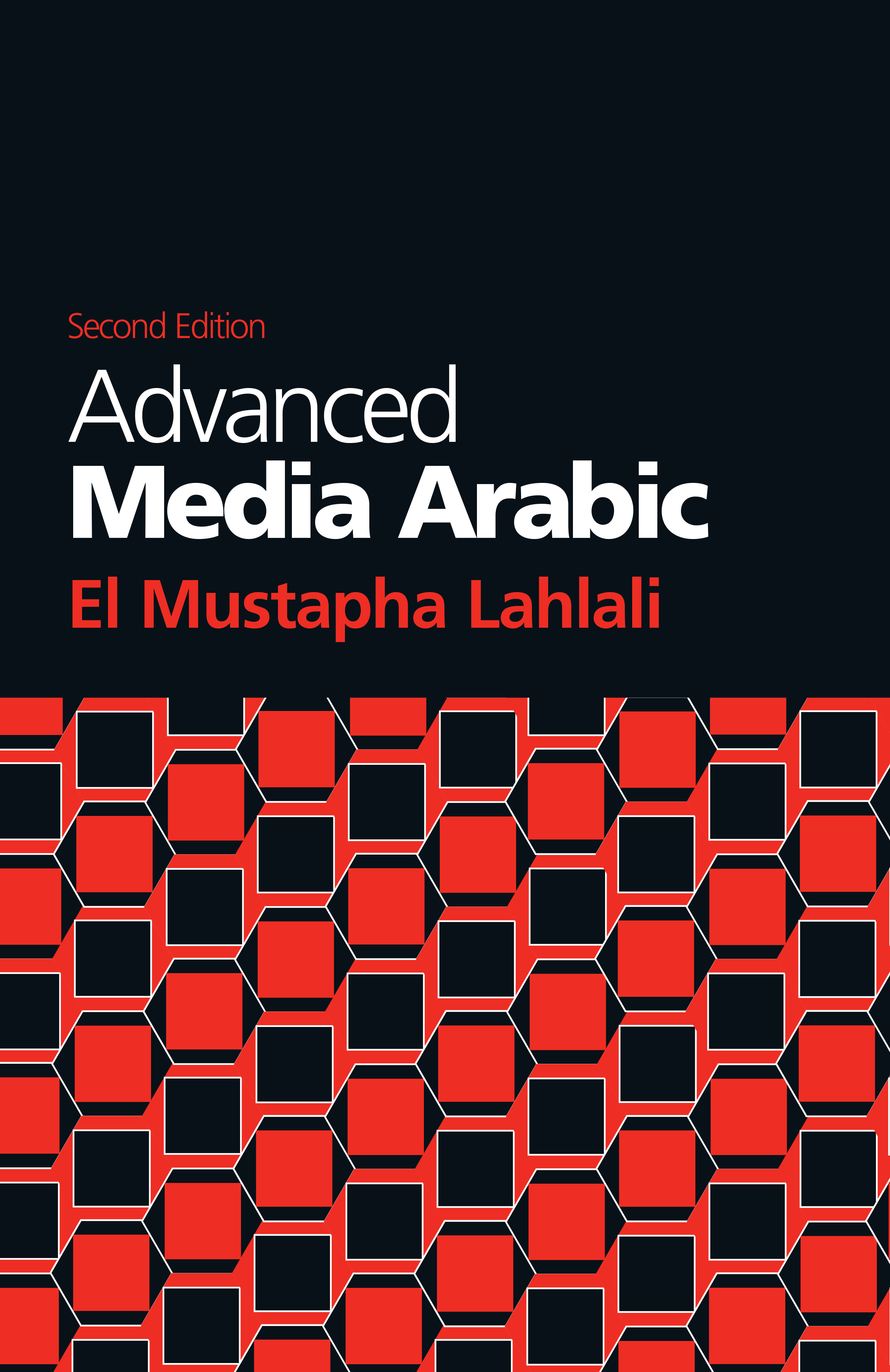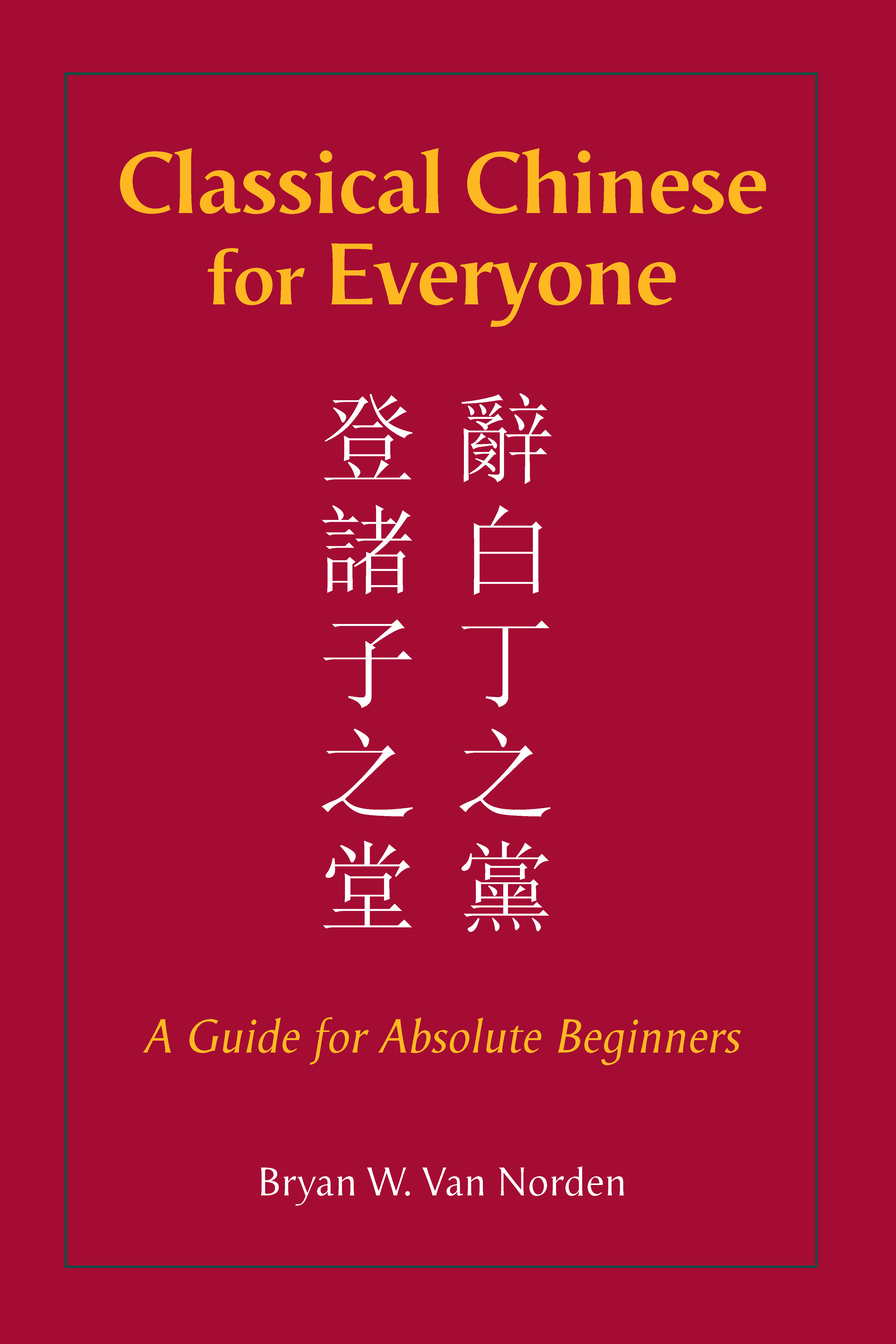�ber Existenz: Die Ontologie Roman Ingardens
by G. Haefliger
2020-05-13 22:08:37
�ber Existenz: Die Ontologie Roman Ingardens
by G. Haefliger
2020-05-13 22:08:37
This book is the first monograph study of Ingarden's investigations into existence. The purpose is to give a clear and formally precise account, as well as a critical evaluation, of his contributions. In the first chapter the basic principles of Inga...
Read more
This book is the first monograph study of Ingarden's investigations into existence. The purpose is to give a clear and formally precise account, as well as a critical evaluation, of his contributions. In the first chapter the basic principles of Ingarden's ontology are reformulated and, contrary to Ingarden, a nominalistic point of view is adopted. Chapters 2 to 4 give a reconstruction of the arguments for the following Ingardenian theses: (1) Existence is not a property; (2) The concept of existence is a principle sui generis of classification; (3) 'exist(s)' is an equivocal word. On the basis of this critical doxography Chapters 5 and 6 provide a systematic examination of the Ingardenian position, by confronting it with the results of analytic philosophy (such as early Husserl, Frege, Russell, Moore, Meinong, Bergmann, Hochberg, Castaneda). This study ' sets new standards in Ingarden scholarship, and will be an indispensable tool for all future philosophers who wish to come to terms with Ingarden's metaphysical and ontological ideas. It will be of interest not merely to Ingarden specialists but also to all those interested in the problems of formal philosophy which arise at the borderlines of analytic philosophy of logic and metaphysics. ' Barry Smith(German text) Dieses Buch ist die erste monographische Studie zu Ingardens Untersuchungen über Existenz. Das Ziel ist es, davon eine klare und formal präzise Darstellung wie auch eine kritische Auswertung zu geben. Im ersten Kapitel werden die Prinzipien der Ingardenschen Ontologie reformuliert, und es wird - contra Ingarden - ein nominalischer Standpunkt eingenommen. Die Kapitel 2 bis 4 rekonstruieren die Argumente für die folgenden Ingardenschen Thesen: (1) Existenz ist keine Eigenschaft; (2) Der Begriff der Existenz ist ein Klassifikationsprinzip sui generis; (3) 'existiert' ist ein äquivoker Ausdruck. Auf der Basis dieser kritischen Doxographie bieten die Kapitel 5 und 6 - unter Konfrontation mit Resultaten analytischer Philosophen (z.B. der frühe Husserl, Frege, Russell, Moore, Meinong, Bergmann, Hochberg, Castaneda) - eine systematische Auswertung der Ingardenschen Position. Diese Studie ' sets new standards in Ingarden scholarship, and will be an indispensable tool for all future philosophers who wish to come to terms with Ingarden's metaphysical and ontological ideas. It will be of interest not merely to Ingarden specialists but also to all those interested in the problems of formal philosophy which arise at the borderlines of analytic philosophy of logic and metaphysics. ' Barry Smith
Less


